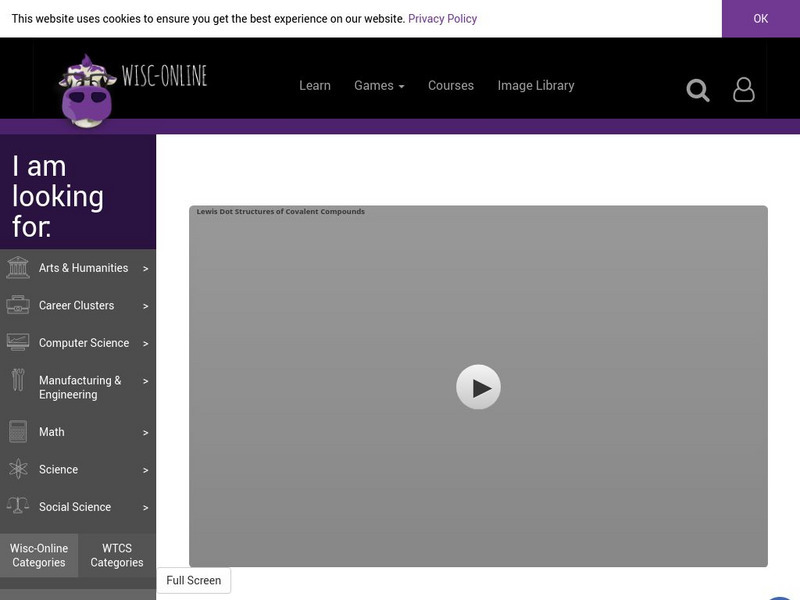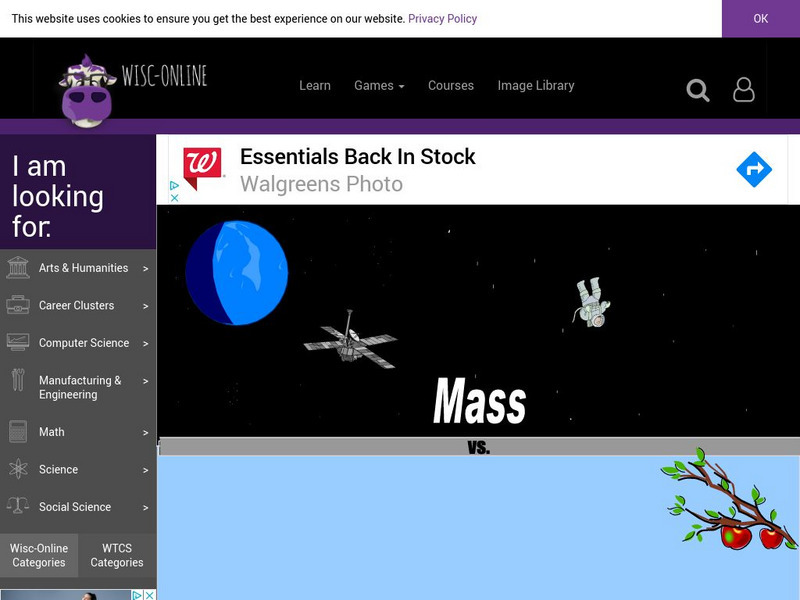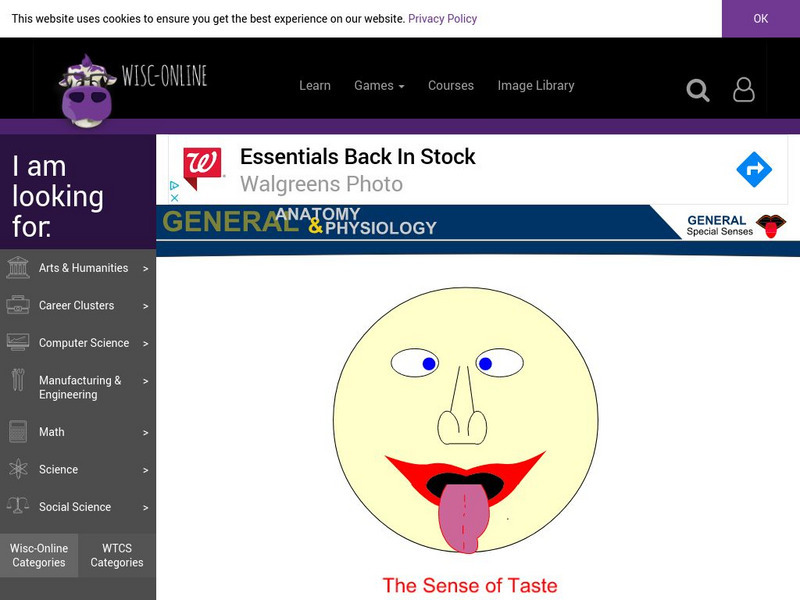Wisc-Online
Wisc Online: Determining the Specific Purpose of Your Speech
In this learning activity, you'll review the general principles speakers use to create a specific purpose statement. At the end, practice what you learned by choosing the correct purpose statement for a brief speech.
Wisc-Online
Wisc Online: Avoiding Design Mistakes When Creating Visuals
Using visuals in a speech can enhance the speech and captivate the audience, only if used effectively. Review design errors and learn how to avoid them when choosing visuals for your speech. SL.11-12.5 Audio Visuals
Wisc-Online
Wisc Online: Concluding Your Speech
The conclusion of a speech is your last chance to stress your main idea and purpose. How can you make it memorable? Follow these guidelines to write a strong conclusion to a speech.
Wisc-Online
Wisc Online: Introducing Your Speech
Follow these do's and don'ts of writing an effective introduction to a speech that will grab your audience's attention and state your central idea. Use the arrows to move through the information.
Wisc-Online
Wisc Online: Plagiarism
Never worry about plagiarising again! Learn from this tutorial what plagiarism is and view examples. Test yourself at the end of the slideshow to see if you can recognize plagiarism.
Wisc-Online
Wisc Online: Developing the Central Idea
What do you want your audience to remember the most about the topic of your speech? This is will be your central idea and it can be boiled down to one sentence! Follow these guidelines for writing a concise central idea and then practice...
Wisc-Online
Wisc Online: Barriers to Effective Listening
Learn about the 7 barriers to effective listening and test yourself at the end. Of which barriers are you guilty?
Wisc-Online
Wisc Online: Protein Synthesis
An online slideshow and animation describing the process of protein synthesis.
Wisc-Online
Wisc Online: Identifying Eukaryotic Animal Cell Organelles
This is a tutorial slideshow showing the internal structure of an animal eukaryotic cell. Each slide has excellent labeled drawings accompanied by descriptive text explaining the function of each part.
Wisc-Online
Wisc Online: Lewis Dot Structures of Covalent Compounds
Short slide show provides basic information about drawing Lewis dot structures for covalent compounds. Starts with anatomy of the atom, and then shows the relationship between atomic particles and the Periodic Table of Elements. Offers...
Wisc-Online
Wisc Online: Writing the Ged Essay Using Transitional Words
A critical part of the writing process is using transitional words and phrases to let the reader know when a change is coming. Learn more about how to use transitions and acquaint yourself with examples of transitional words.
Wisc-Online
Wisc Online: Mass vs. Weight
A tutorial exploring the relationship between mass and weight. The tutorial also explains the difference between the concepts through pictures and examples.
Wisc-Online
Wisc Online: The Sense of Taste
In this interactive object, learners examine the structure and function of the sense of taste.
Wisc-Online
Wisc Online: The Sense of Smell
In this animated object, learners trace the olfactory pathway from the nasal cavity to the olfactory cortex.
Curated OER
University of Wisconsin: 5 Magnetism
From an online teacher demonstration book. Includes a description and explanation of five demonstrations on a variety of magnetism topics. Interesting and captivating demos.














